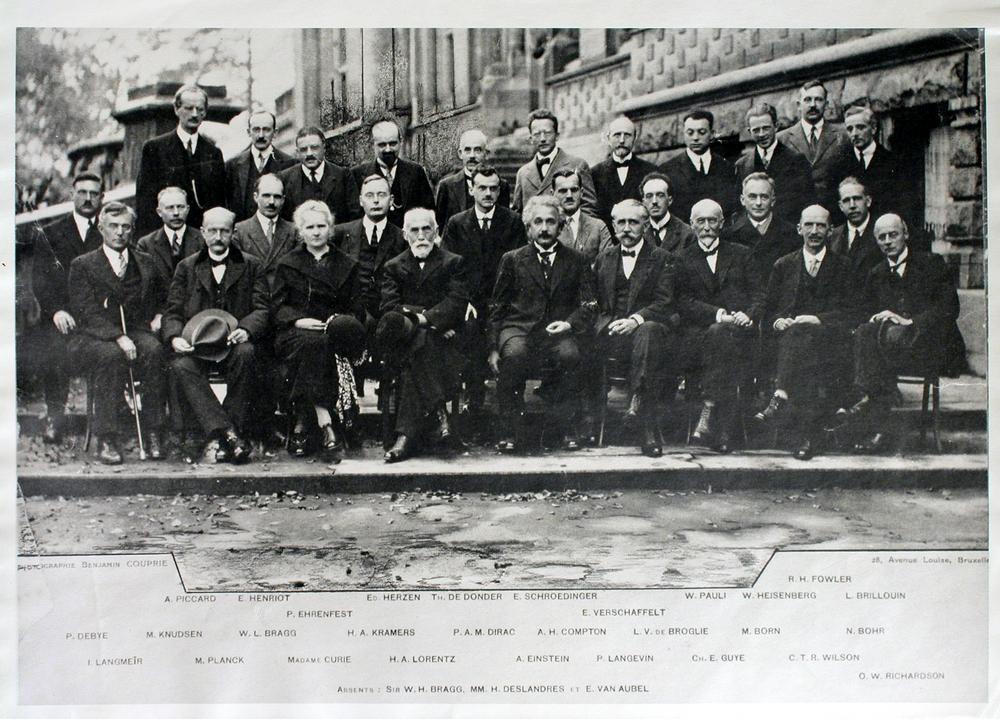Course
Materials
Hard
copy of lecture notes plus problem sets will be
available for sale in the photocopy shop at the Main
library basement. If you like to view the simulation and
colour pages not available in the hard copy version,
powerpoint lecture notes are
also downloadable in this course webpage.
Past year questions
plus their solutions (tests,
final exam and KSCP papers) and problem sheets (i.e.
tutorial sheets) are also
available on the course
webpage.
Course
Description
This course is
intended to cover some of the standard concepts in
modern physics since 1900. It includes special theory of
relativity, wave-particle
duality of light and material particles, introductory
quantum theory of atoms and introductory quantum
mechanics. The course aims to lay the foundational concepts for students who
would take up papers on quantum mechanics at a higher
level.
Course Duration
This course is
offered in the second semester for science students in
USM -- a 14-week term
at USM that runs from 26 Dec 2005 until 7 April
2006.
Course
Prerequisites
Since ZCT 104 is conducted
in English, students must prepare to take the
challenge to deal with language barrier (if relevant). Despite
requiring no formal prerequisites (prasyarat kursus), students
are assumed to be familiar with elementary
calculus, differential
equations, and Newtonian mechanics. Most importantly,
students are expected to exercise independence
throughout the learning process. This course demands
ones to think critically to comprehend some rather
counter intuitive physics ideas.
Consultation
hours
There is no
specific timeslots allocated for consultation with the
lecturer as he of dedicated
willingness to offer consultation and advice to
students who wish to engage discussion with him. The
principle of the lecturer is that: as long as the
students are showing enthusiasm to learn, he will be
willing to offer his time for discussion. However, in order to avoid inconvenience
students are advised to call up (ext 3674) or email him
(tlyoon@usm.my)
before rushing into his office. His door is always open
to any one who are keen to explore physics.
General
Comments
Modern physics is one of
the most interesting subject
offered to USM undergraduates. Most of the concepts introduced,
such as Einstein's notion that space and time is a
relative concept, and that microscopic particles are
intrinsically behaving like waves (as expounded in quantum theory), are both
intellectually intriguing and somewhat
counter-intuitive.
Textbooks
The following textbooks
are required or strongly recommended. There exist many
good textbooks on the topics of modern physics. I have
decided to select the following as my main reference texts. Lecture material
are written based on them. It is strongly advised that students should not be
contented with the lecture material supplied from the
lecturer alone. They should make reference to these
suggested texts and do the reading on a consistent
manner. You gonna
prepare to think in an intellectual manner in order to comprehend the essential
concepts I wish to convey in this course. To people who
are expecting to make only mechanical memorisation and pass with
flying colour, please be
prepared for disappointment.
Main Text:
1.
Modern
Physics, 2nd ed., by
Kenneth Krane, John. Wiley &
Sons.
2.
Concepts of Modern
Physics, 6th ed., by Arthur Beiser,
McGraw-Hill.
3.
Modern Physics, 3rd ed.,
by Serway, Moses and Moyer, Thomson 2005.
4.
Understanding Physics, by Karen Cummings et. al., John
Wiley and Sons,
2004 (used for special theory of relativity only)
Others
references:
Advanced texts for
hard-core physics enthusiasts:
